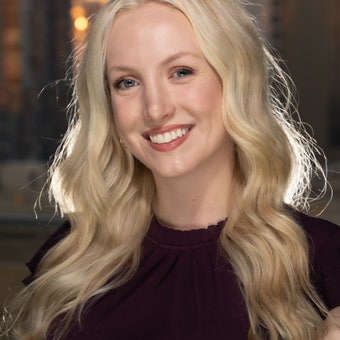Minneapolis to pay record $27 million to settle George Floyd family lawsuit
FOX News legal analyst Mercedes Colwin reacts to the 'astronomical' settlement on 'America Reports'
Minnesota prosecutors on Tuesday accused ex-Minneapolis cop Derek Chauvin's defense team of attempting to "smear" George Floyd's reputation in a dispute over whether evidence from Floyd's 2019 arrest could be included during trial proceedings.
Before jury selection continued, both sides deliberated the relevance of the 2019 arrest, when officers discovered pills and Floyd's demeanor led to paramedics being called. Hennepin County Judge Peter Cahill, who viewed police-body camera video of the incident, questioned how it pertained to Floyd's arrest a year later in May 2020 when Chauvin kneeled on the back of his neck for several minutes.
Chauvin's attorney, Eric Nelson, argued that in both cases, Floyd ignored officers' commands, put something in his mouth and had to be physically removed from a vehicle. In the 2019, several opioid pills were found, along with cocaine.
Paramedics told Floyd his blood pressure was so high that he was at risk for heart attack or stroke after swallowing seven or eight pills and needed to be examined at a hospital. Nelson argued that shows Floyd knew that ingesting drugs in May 2020 could result in his hospitalization, rather than his incarceration.
"There are so many other similarities between these two incidents including officers believing Floyd is on drugs," Nelson said. "The similarities are incredible. It's the exact same behavior in two incidents almost exactly one year apart."
But Minnesota Assistant Attorney General Matthew Frank decried "the desperation of the defense to smear Mr. Floyd's character, to show that what he struggled with, an opiate addiction like so many Americans do, is really evidence of bad character."
What appeared to be residue from chewed-up pills in the back of the police vehicle Floyd was in during his May 2020 arrest has since tested positive for methamphetamine, potential traces of fentanyl and Floyd's DNA, Nelson told the judge, pointing out that the defense requested the vehicle be searched a second time in January 2021 upon viewing crime scene photos suggesting drugs were present.
The Minnesota Bureau of Criminal Apprehension (BCA) searched the Minneapolis police vehicle and Floyd's vehicle present during the May 2020 incident each twice – once directly after his death when the vehicle was first processed, and again in January 2021. BCA did not find signs of drugs in the first search.
"It's just kind of mind-boggling that an ‘extensive’ search was not done until January 2021," Cahill said.
Frank argued that if the defense wants to use the 2019 incident to show Floyd ingested drugs, that's not necessary because the toxicology report already shows that drugs were present in his system. The defense wanted to use the 2019 arrest evidence to counter the prosecution's plans to use a forensic psychiatrist's testimony to argue Floyd's behavior was consistent with anxiety and claustrophobia.
In the body-camera footage from the 2019 arrest, Floyd can be heard asking for his "mama," which he could be heard doing again in the viral bystander video in 2020 showing Chauvin with his knee pressed to Floyd's neck for several minutes. In 2019, Floyd never claimed to have claustrophobia when placed in the back of a police vehicle, but in 2020, he did, according to Nelson.
Cahill did not announce a decision on whether he would allow evidence from 2019 to be included in the trial. The judge also said he also wouldn't address the defense's motion for continuance on the trial date until Wednesday.
CLICK HERE TO GET THE FOX NEWS APP
Nelson on Tuesday submitted a Washington Post article to the court for review that cites an anonymous Minneapolis official who said the city council only went forward with the $27 million settlement in the federal civil lawsuit filed by Floyd's family after consulting Hennepin County Judge Toddrick Barnette, who supposedly gave them approval to proceed even though jury selection was happening in Chauvin's trial. Cahill questioned whether that article was accurate but said he'd review the matter tonight.
Cahill said that, on Wednesday, he would re-interview the seven jurors seated before the settlement news broke to determine whether they could continue to serve. Those interviews were to be conducted via Zoom by the judge alone.
The Associated Press contributed to this report.











































